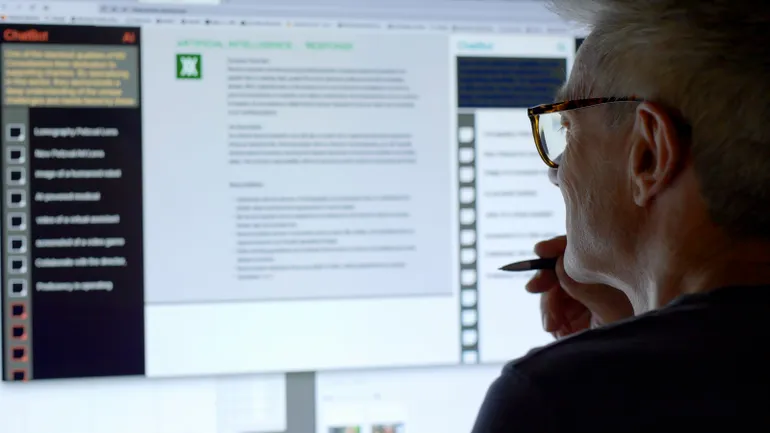The human-machine era is here, and CHROs must develop an HR-focused AI strategy to stay ahead, Gartner said in a press release Oct. 2 — but those leaders are struggling to build a culture that will enable this.
In other words, CHROs may play a key role in determining how work is shaped in years to come. Many organizations are still in an experimental phase, Gartner said, so CHROs need to be open to new ways of managing talent and workloads.
To do so, CHROs will need to create a work culture that enables employees to feel productive and engaged, but they are failing to deliver on this promise, Gartner said. July data from Gartner revealed that, of 222 CHROs surveyed, less than half said their culture drives employee performance.
“HR must equip managers to have actionable productivity discussions with employees. And employees must feel empowered to solve their own productivity problems,” Mark Whittle, vice president of advisory in the Gartner HR practice, said in a statement.
One aspect that CHROs could pay more attention to: helping leaders be ready to face change, Gartner said.
Employees may not be ready for the scope of change that is to come, a September report from The Grossman Group said, especially as business leaders expect change to ramp up in the coming years. Employees need to be fully bought-in for change to work, the report said, reflecting similar sentiments in the Gartner report — especially since change “has become ungovernable,” Gartner said.
Luckily, HR professionals say they are ready to manage that change, a July report from The Conference Board said. To prepare the workforce, CHROs can lead the charge in clarifying expectations for leaders; helping leaders and employees regulate their discomfort; and teaching leaders how to build “change reflexes,” Gartner said.





Leave a Reply